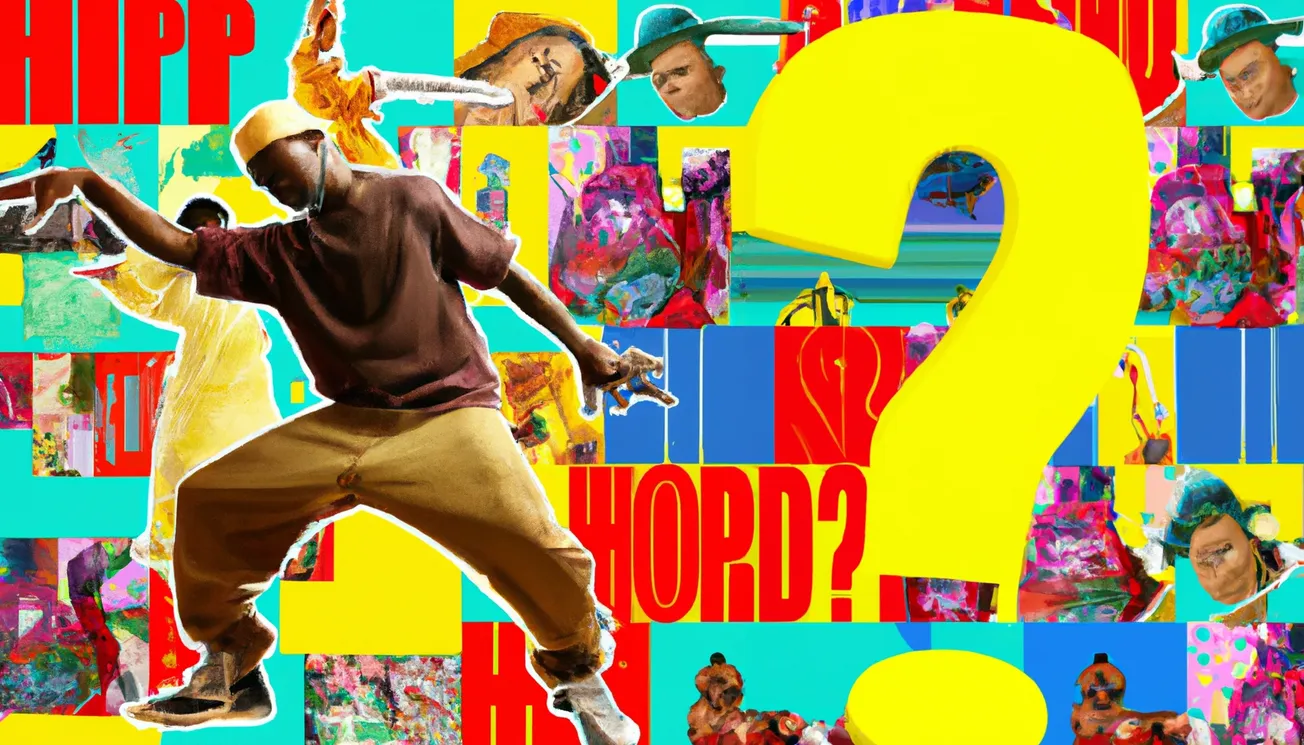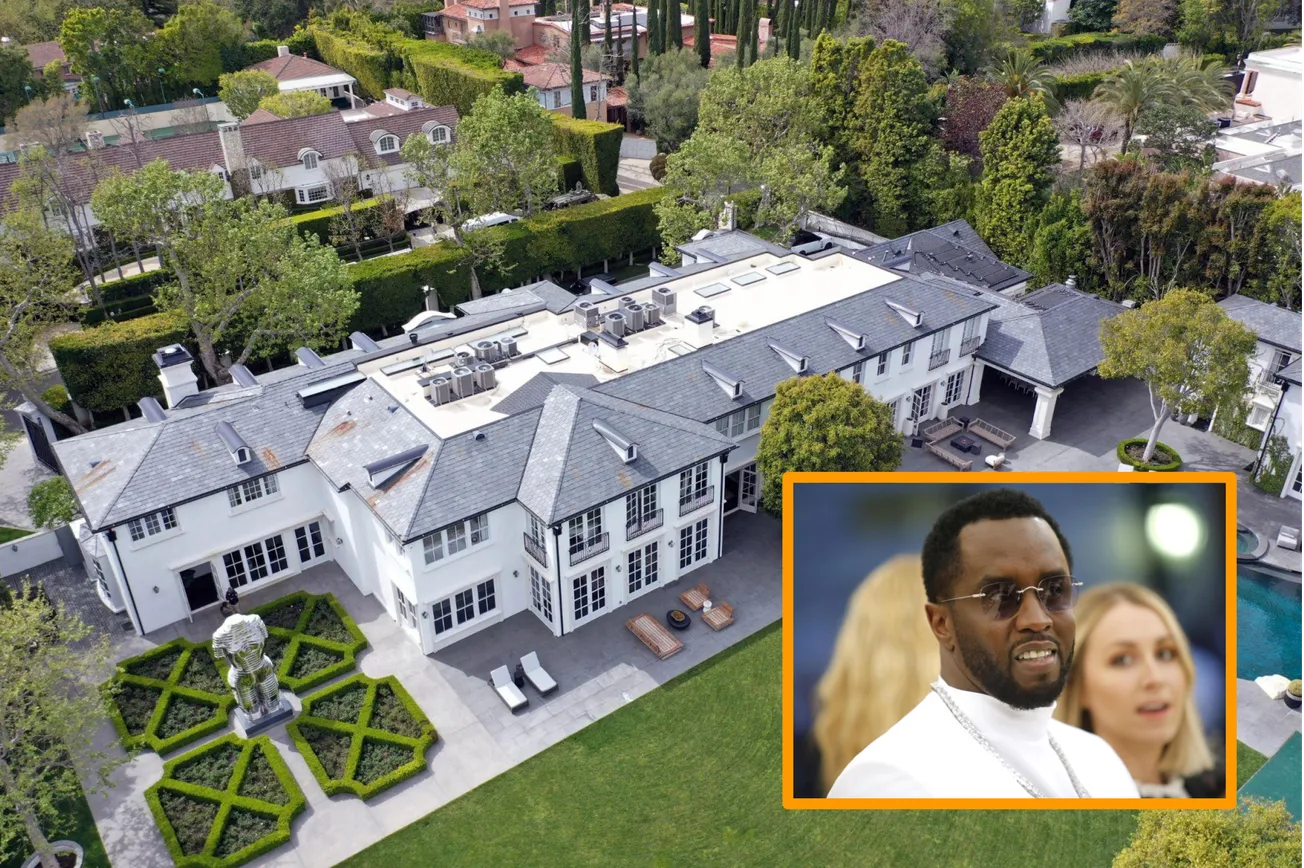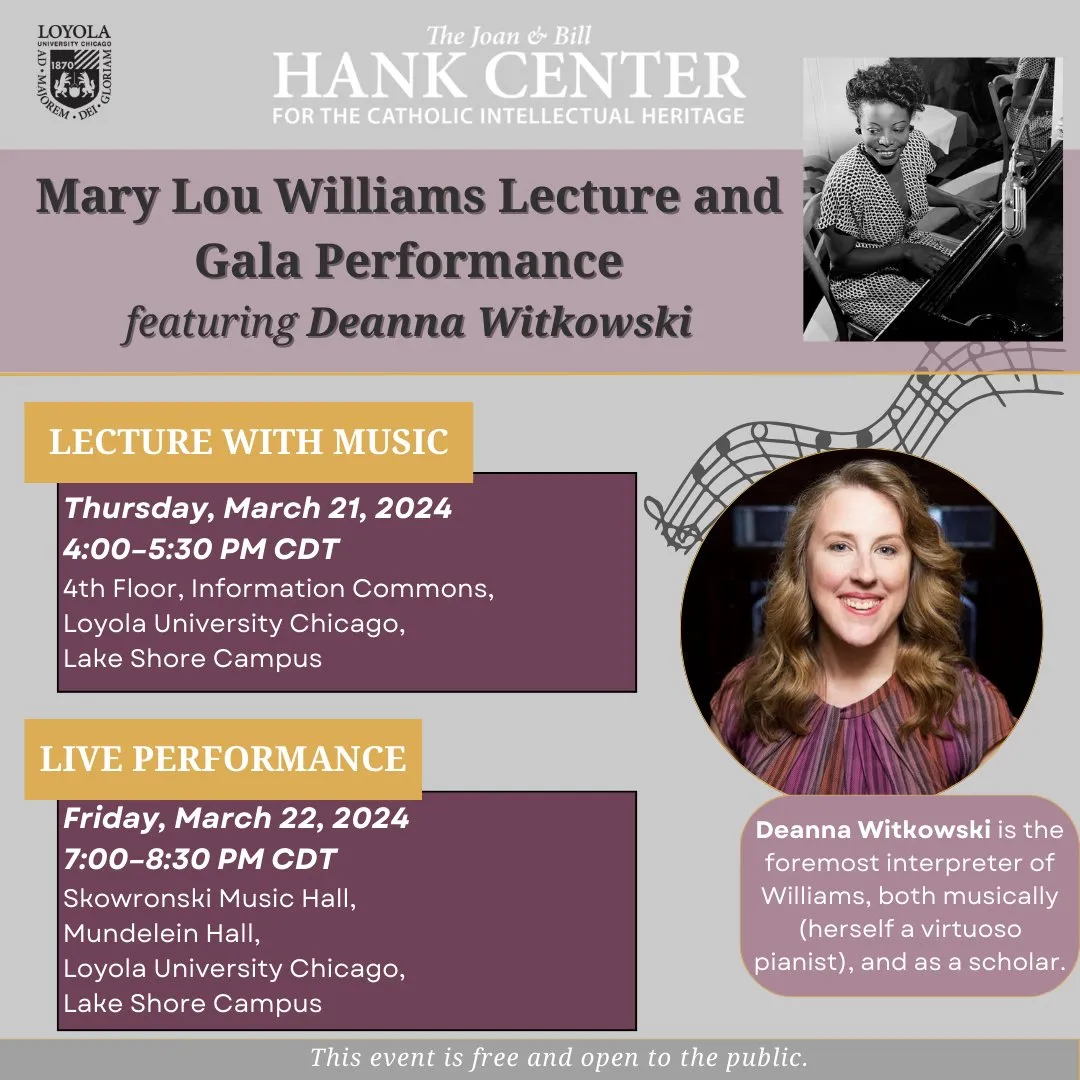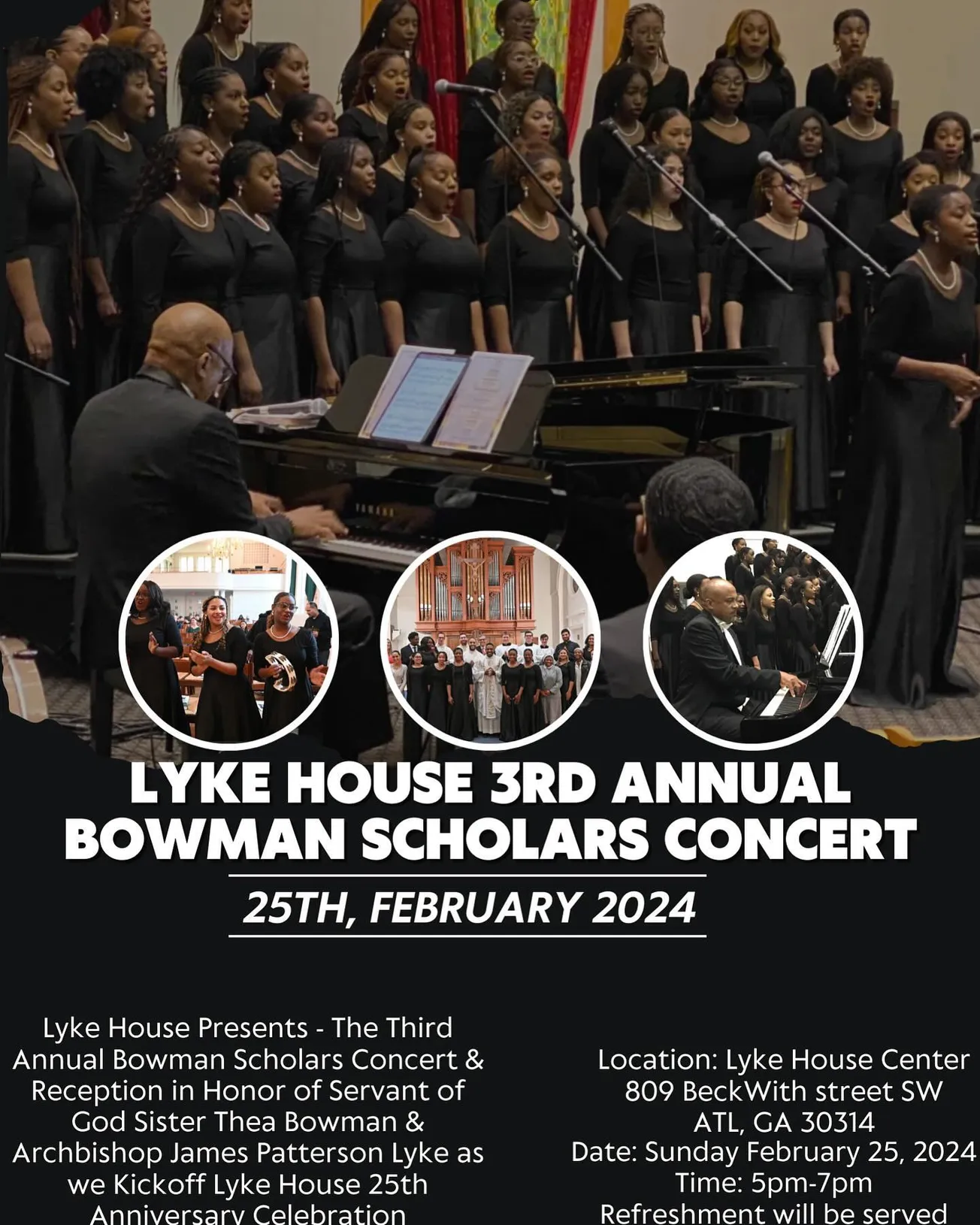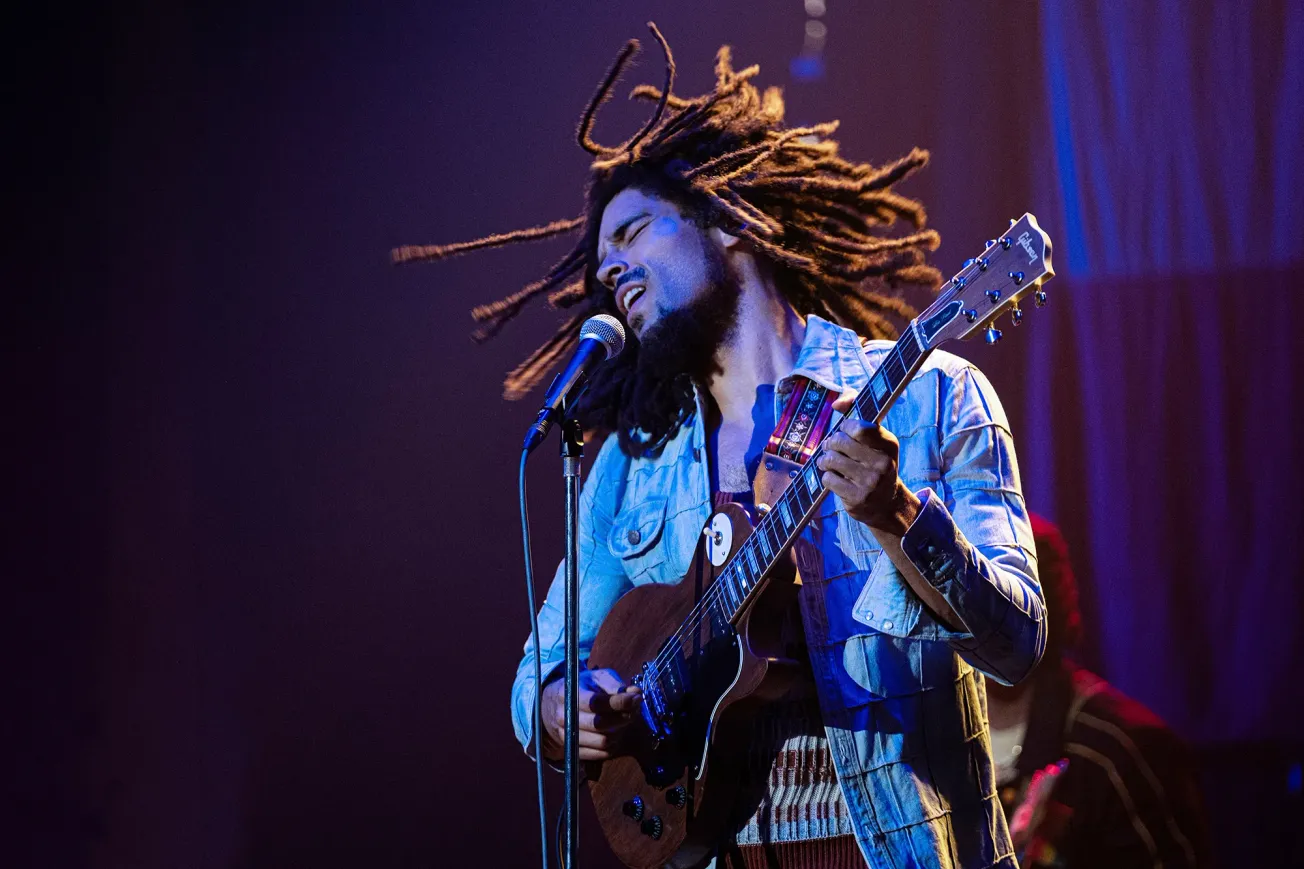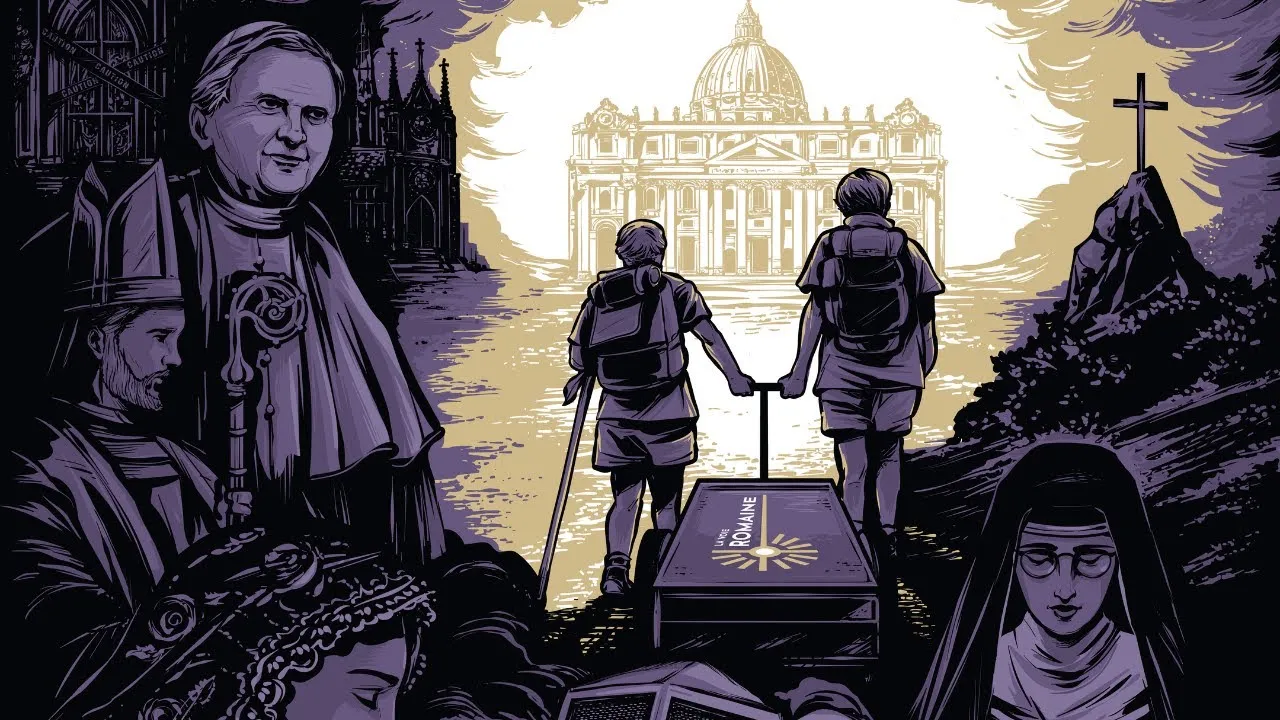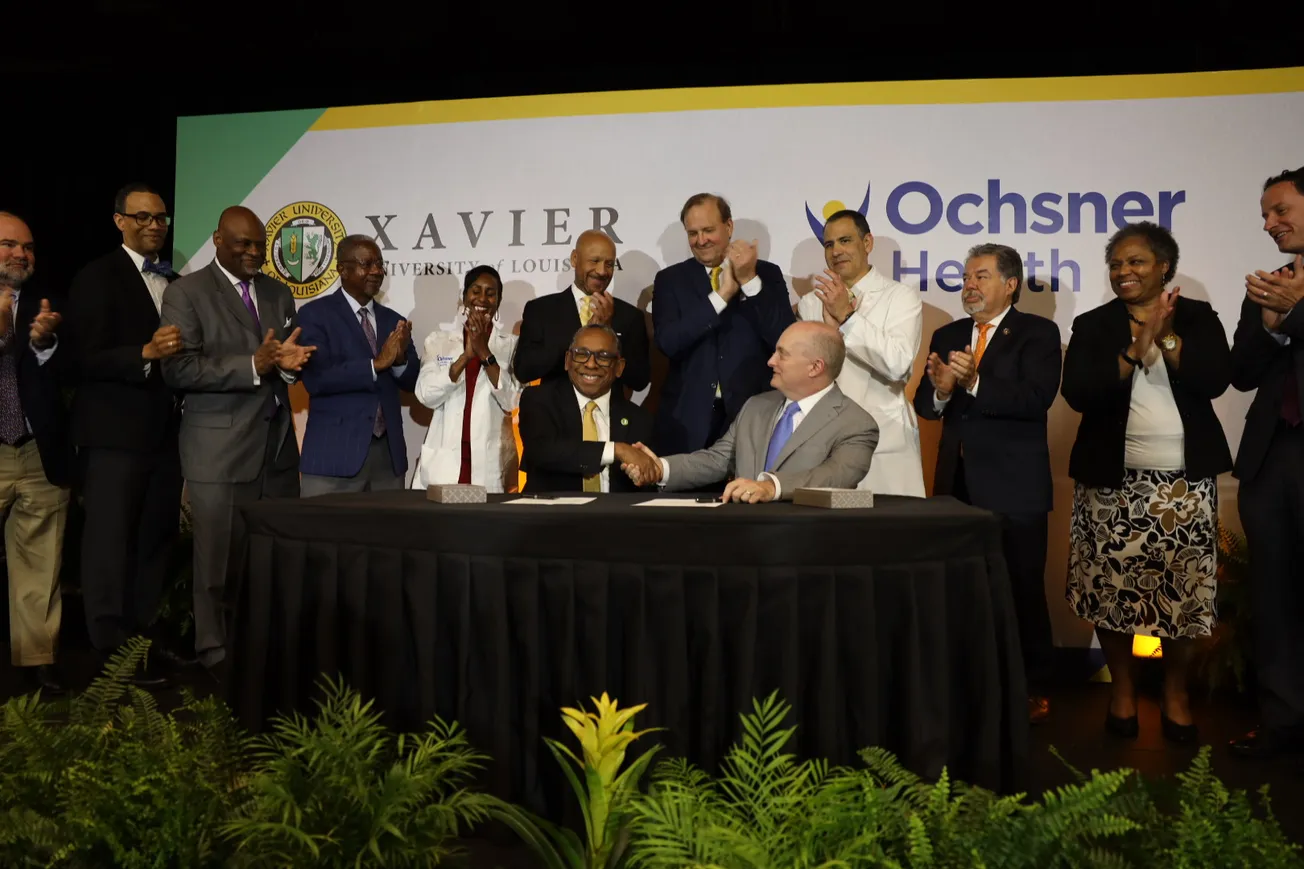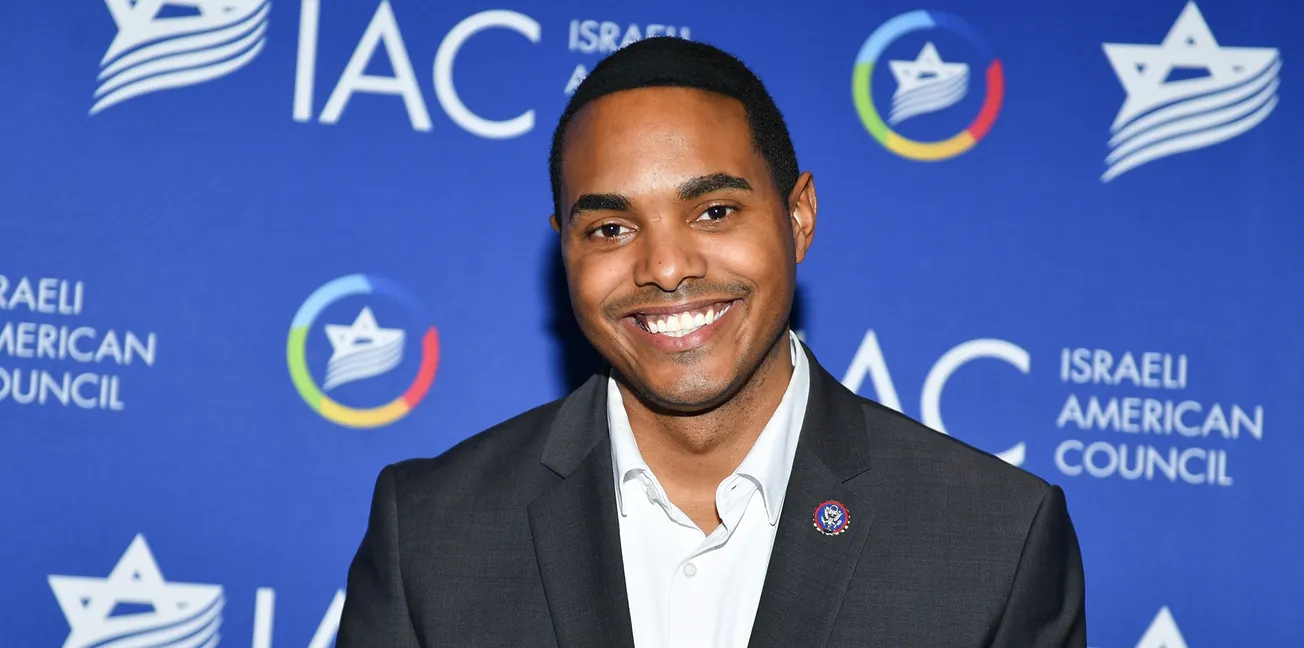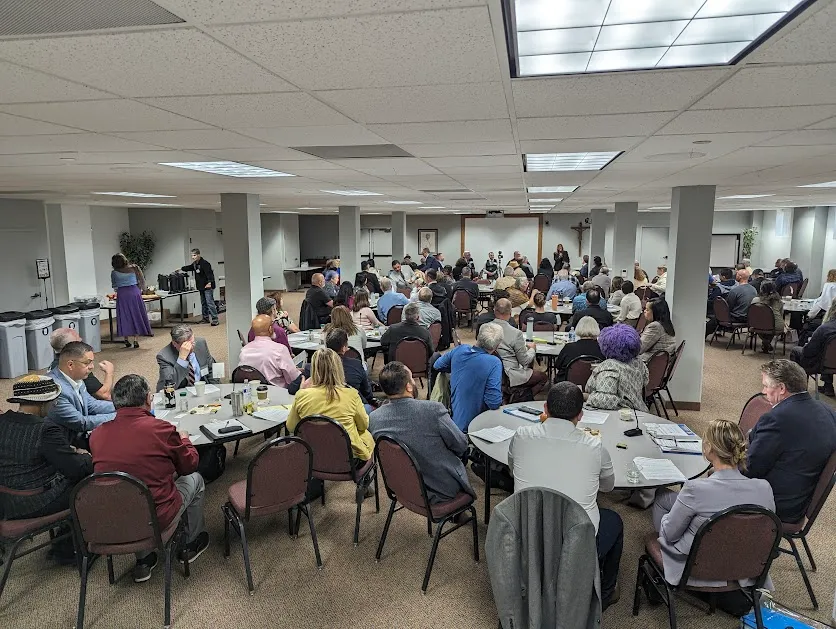In 2023, the hip-hop scene is celebrating 50 years of success in the music industry. From a small disco-oriented sound to a full-fledged intricate display of creativity, film, art, and performing arts, hip-hop has become the premier music genre in just half a century, created by people of African descent.
With this milestone, it’s imperative that this movement traces its historical roots but also examines how we got to this point. Simply put, hip-hop is now a misused force. We must understand the nature of the problem and see how a better option can be advantageous to our predicament of Black struggle.
In the popular narrative, hip-hop was largely a party phenomenon that sprang out of New York City residents experimenting with rapping techniques & turntable equipment. A vast city full of deplorable living conditions and abject poverty helped cultivate the “golden age of hip-hop,” the music of which often focused on social issues. One of the earliest mainstream hip-hop songs in the American consciousness is “The Message” by Grandmaster Flash and the Furious Five. In this pioneering hit, they describe the plight of Black Americans living in urban squalor.
In the late 1980s, mainstream hip-hop turned to the West Coast. From there, N.W.A. created a mainstream debut record, and this newfound success contributed to a grittier and more hardcore hip-hop expression. With this album, “Straight Outta Compton,” and its groundbreaking title track, gangsta rap had emerged.
To some extent, we needed the socio-political message of N.W.A.’s debut to highlight state-sanctioned violence by law enforcement and draw attention to the continually distressed economic status of African Americans in urban California. Remember the notorious Watts Riots of 1965, when African Americans rose up in massive unrest to protest deplorable exploitation, racism, and lack of access to resources? That historic rebellion and militant anger didn't go away overnight. Instead, the conditions of deprivation intensified for two decades. N.W.A.’s debut recaptured the essence of that powerful 60s Black struggle, revolting against all types of White domination.
But with that album, and the sexually explicit hip-hop coming from groups like 2 Live Crew in the late 1980s, glorifying Black intra-community violence and prejudice against women became a popular new trope. Going into the 90s with a formula for the destruction of African Americans, the recording industry did not hesitate to jump on the bandwagon.
Though we can trace the origin of said crime and deplorable conditions to White Supremacy, the way it was grafted into hip-hop in the 90s by popular artists was more our doing. White music execs and their companies realized that hip-hop could be exploited for gain and profit because of its trendy status, and this catapulted their desire to maximize profits by signing a slew of hip-hop artists with hardcore and street-level lyrics. It’s almost as if these White men sought resumes from Black musicians who had “street cred,” sold drugs, and/or harbored disdain for women.
And we, the consumers, bought into the false notion of success by giving in to the stereotypes and caricatures. As a result, the ghost of Al Pacino’s “Scarface” and Max Julien’s “The Mack” has loomed over hip-hop ever since. One extreme projected the daily struggle of making a living during the era of the “war on drugs,” and the other blasted sexist subjugation on full volume.
When we analyze the phenomenon with an objective perspective, we have to scrutinize the impact of our own musical creation. For decades, hip-hop has been infested with themes of consumerism, individualism, misogynoir, violence, and a whole host of other issues that are counterproductive to the struggle for global empowerment and pride of African-descended people. Ultimately, we have to ask: Has hip-hop music as a whole contributed to the positive well-being of the diaspora and positively addressed our systemic issues? With the self-inflicted rhetoric of homicide, disrespect to women, and abandonment of collective responsibility, the only answer can be that the genre hasn’t been a systematically beneficial invention.
Even so, though negative images have dominated, certain artists have established their brand as political and alternative hip-hop connoisseurs. These musicians have developed a track record of stirring up the consciousness with lyrics that elevate unity, thoughtfulness, and self-determination. Moreover, their lyrics provide a lyrical and empowering alternative to dominating sounds that reinforce the culture of death. It's with these artists and their messages that we can platform for a better future within the transformative genre.
The late 80s produced Public Enemy, by far one of the most prolific and militant groups ever to be produced in the genre. Especially with their 1989 single “Fight the Power'' for the soundtrack of the influential Spike Lee film “Do The Right Thing,” the ensemble unfurled a more direct approach to the artform that intentionally clashed with the power structure.
Other acts also came forward on the vanguard for diverse and innovative lyrics, such as A Tribe Called Quest, De La Soul, Brand Nubian, and Queen Latifah. Some of these artists incorporated jazz instrumentation, and lyrics took a detour from nihilistic messages, instead focusing on storytelling, Afrocentrism, and empowerment. An industry win was Queen Latiafah’s 1995 Grammy-winning hit “U.N.I.T.Y.” which stressed the importance of dismantling the objectification of Black women by Black men and echoed the interdependent destiny they must work together to achieve.
At the same time, however, the prevailing messages of violence, sex, materialism, and consumerism also became amplified in the hip-hop subculture. Especially in the early aughts, a focus on jewelry, apparel, and cars became even more of a force in the industry. By pushing these images to the forefront, rappers influenced millions of Black kids to believe that becoming a rapper embossed with glamor is the best way to “make it” out of poverty. In the process, many adolescent youth also gravitated to the projection rappers sold of street life.
Black youth sought meaning, identity, and purpose in wealth and the accumulation of possessions and risky sexual behaviors. Because rappers failed to embrace responsibility for the implications of their music, they helped shape generations of African-American children and conditions in a way that probably no other art form has. Even now, when Black youth mental health is in peril, one of the worst possible reinforcements is the idea of finding self-discovery and healing in material goods.
With a manifestly observable influence, many in the hip-hop community reinforced the drama of “good” and “bad” music. Rappers with conscious and empowering messages were not receiving the same recognition as artists with hardcore and street-life styles. I can remember growing up with people preferring the shock value of Eminem to a conscious rapper like Common. We could easily say the latter was a master storyteller but we couldn’t grant him the privilege of being a “real” rapper because he didn’t project a preoccupation with violent tropes like, for example, the Geto Boys.
In the 2010s, we saw Christian hip-hop make extraordinary gains into mainstream rap circles. Lecrae is seen as the most successful bridge between positive messages and extremely well-written rap. However, as our society becomes increasingly less religious and more spiritual, the Gospel isn’t the silver bullet hip-hop needs to resurrect itself. Yet, Christian hip-hop has a deeper metaphysical appeal to nurture the soul than that of pleasure-seeking and grim lifestyles portrayed in much of modern hip-hop.
Even though plenty of irreversible damage has been done, there's always room for improvement. If we want a better shade of rappers in the industry, they have to understand their influence. These public figures have an immeasurable impact on the well-being of the community. Their ability to influence the opinions and behavior of African-American men, women, and children can’t be passed over with indifference. Instead, serious introspection about the quality of lyrics, persona, and public messaging is something rappers should embrace.
Secondly, if hip-hop wants to change the direction it is going, there must be a broader push in their music for political, social, and economic power for African-descended people. Especially in America today, we know how much wealth Black rappers have accumulated in their careers. Shouldn’t we expect more investments into issues that the community needs to address? Yet we see no widespread macro-level advocacy. Make no mistake: the social justice work an artist like Jay-Z does with Team Roc is admirable, addressing issues like prison advocacy and food insecurity, but does its breadth reach African Americans in a broadly transformative manner like the music that gained them their success?
When Sean “Diddy” Combs launched Our Black Party, it was designed to advocate for the needs of Black Americans. Though this is a key display of self-determination in terms of politics, I haven’t seen or heard much on mass efforts from the organization’s leadership to mobilize Black voters, influence politicians, or—most importantly—obtain formidable political power so that African Americans can truly have an equitable position in this country. Until then, Diddy’s group is just a feel-good cultural sign that many can point to with no concrete results.
Additionally, I would love to see hip-hop become a pivotal instrument for Black wealth. Many Black hip-hop moguls adopted abusive work and legal practices that deprived artists of the fruits of their success. We can look back to the 90s when TLC had to file for bankruptcy even after having a global chart-topping success with Antonio “L.A.” Reid’s label LaFace. Similarly, Diddy himself has come under attack for how Bad Boy Records signed and drained many of their most lucrative acts. That said, Diddy recently returned the publishing rights to several of those artists, which was seen by many as a step in the right direction for music ownership. It goes to show that when the music execs—especially from our own community—rescind business practices rooted in exploitative inequality, we can ensure everyone in the creative process gets a fair share of income.
At the end of the day, creating a pathway for more conscious, positive, and empowering hip-hop has to be at the forefront. There is a viable market for this, and it can attract the masses just as powerfully as its materialist and violent counterpart.
Consider “The Miseducation of Lauryn Hill,” a Grammy Award-winning, critically acclaimed, and record-setting social commentary in music form. Hill hasn't released a studio album in the 25 years since, but her imprint as a singer and rapper has etched the album in the Bible of popular music. Contemporary favorite Kendrick Lamar also continually brings both lyricism and storytelling to his debuts atop the Billboard 200, without resorting to messages of violence.
I think both of these artists and their incredible passion for pushing boundaries show what the apotheosis of hip-hop can truly be. At the heart of their artistry is a turning away from the stronghold of being “hardcore” at the expense of morality, and it could pave the way for an Afrocentric, uplifting, and socially conscious hip-hop revolution.
As African people across the diaspora, we have all baptized hip-hop in our unique culture. From grime in the United Kingdom to reggaeton in the Caribbean, our diverse imprints on hip-hop have been a mainstream success. We should take pride in knowing that yet again, an immensely popular music form has a distinct Black origin. With this, however, we must recognize that it can no longer be a medium for furthering gender violence and criminality. Instead, let’s consider how we can impact our children with Black pride, positivity, and political action.
It’s time to rebuke the withered tree that produces no fruit and start anew.
Efran Menny is a husband, father, and regular contributor for BCM. His work is informed by his experience as an educator and his studies in social work. He has a passion for elevating topics on justice and theology for Black Catholics.


